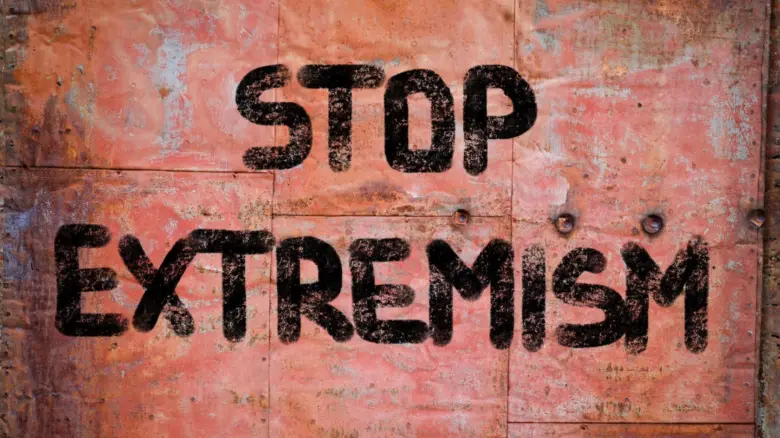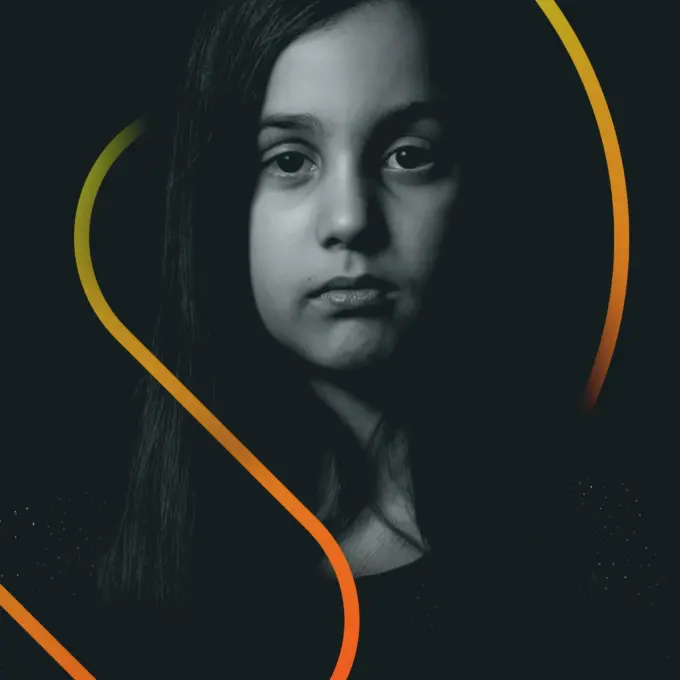
Understanding Extremism: How it Affects Young Londoners and What We Can Do
The UK is currently experiencing a high level of concern around the threat of extremism and terrorism. Associated with this threat is the risk of young Londoners being radicalised and drawn into violent and criminal activities by those holding extremist views.
Counter Terrorism Policing has warned that there is a rise in the number of boys and young men becoming interested in violent extremism.
In the UK
of all terrorism arrests last year were those aged 17 and under
arrests the year ending 31st June 2021, were those aged 18 and under
was the youngest age convicted of violence during the 2024 riots
At Safer London, we recognise that similar to any other grooming process - extremist radicalisation focuses on the manipulation and exploitation of vulnerabilities and trauma of young Londoners.
Most young Londoners, even those who hold radical views, do not become involved in extremism and many young Londoners can be exposed to extremist views without being radicalised. However, there are many factors which affect a young Londoner's process of radicalisation.
- Identity, belonging and acceptance – this is particularly relevant for young people who feel alienated by a prevailing culture, or who may be feared or suspected because of their beliefs, religion, or where they live.
- Honour and responsibility – young men in particular can feel they need to act out of a sense of service to the local community. Additionally, the fear of shame and falling short of what it means to be a man can attract young men to extremist groups.
- Empowerment and purpose – the young person may feel that their contribution matters and that their worth is validated because of the role they are given within the extremist group.
- Status –involvement in an extremist group may give the young person a sense that they are protecting their family or neighbourhood.
Resilience is all about having the strength and determination to overcome challenges and grow in a positive way, even when times are tough. Helping young people build resilience to all forms of violence and exploitation is a big part of preventing violent extremism.
However, resilience doesn’t exist in a bubble – it's shaped by the social, economic and political situations young people face. When they’re given real opportunities to get involved and develop their skills, they’re more likely to use that resilience in a positive way. That’s why young people are such a vital part of building peace in their communities.

Manual, Policy and Procedures
We amended caseworker processes and created escalation documents to address radicalisation concerns promptly and effectively.
Support Tools
The specialist worker developed resources to help caseworkers recognise signs of radicalisation and support difficult conversations with young Londoners at risk. This included session plans and tailored questions for interventions to address individual needs and circumstances, as well as resources that address the intersection of online gaming and extremism.
Training and Workshops
Workshops and training sessions for the Safer London team, as well as families, were developed. This legacy peice of work aims to equip attendees with the knowledge and skills to counteract extremism.
Last year’s progress has prepared the Safer London team to navigate the challenges of extremism more confidently, but there is still work to be done.
Looking ahead, we aim to strengthen our approach and share our insights. We will focus on building collaborative networks to address the rise of harmful ideologies, such as misogyny among young males, and deepen our understanding of the complexities of radical beliefs. We’ll enhance our knowledge of radicalisation in online spaces, like gaming platforms and social media, recognising the risks this can pose to the safety of young Londoners. Finally, we will build strong partnerships with stakeholders, sharing resources and expertise for a unified approach to safety.
Extremism and radicalisation, and how they impact on young people, are complex issues and there are no ‘one size fits all’ remedy that will stop young people from being involved in extremism. However, having a better understanding of young people can help us to better understand radicalisation.
If we want to understand young people as best as possible, we need to try to do so, not just as adults or as professionals, but also from the point of view of young people themselves. We need to connect with young people in ways that help us to learn how they perceive and make sense of violent extremism.

Make a donation today to support young Londoners facing violence and exploitation. Together, we can help them escape their exploiters and start building a safer future.
Make a difference
Donate Today